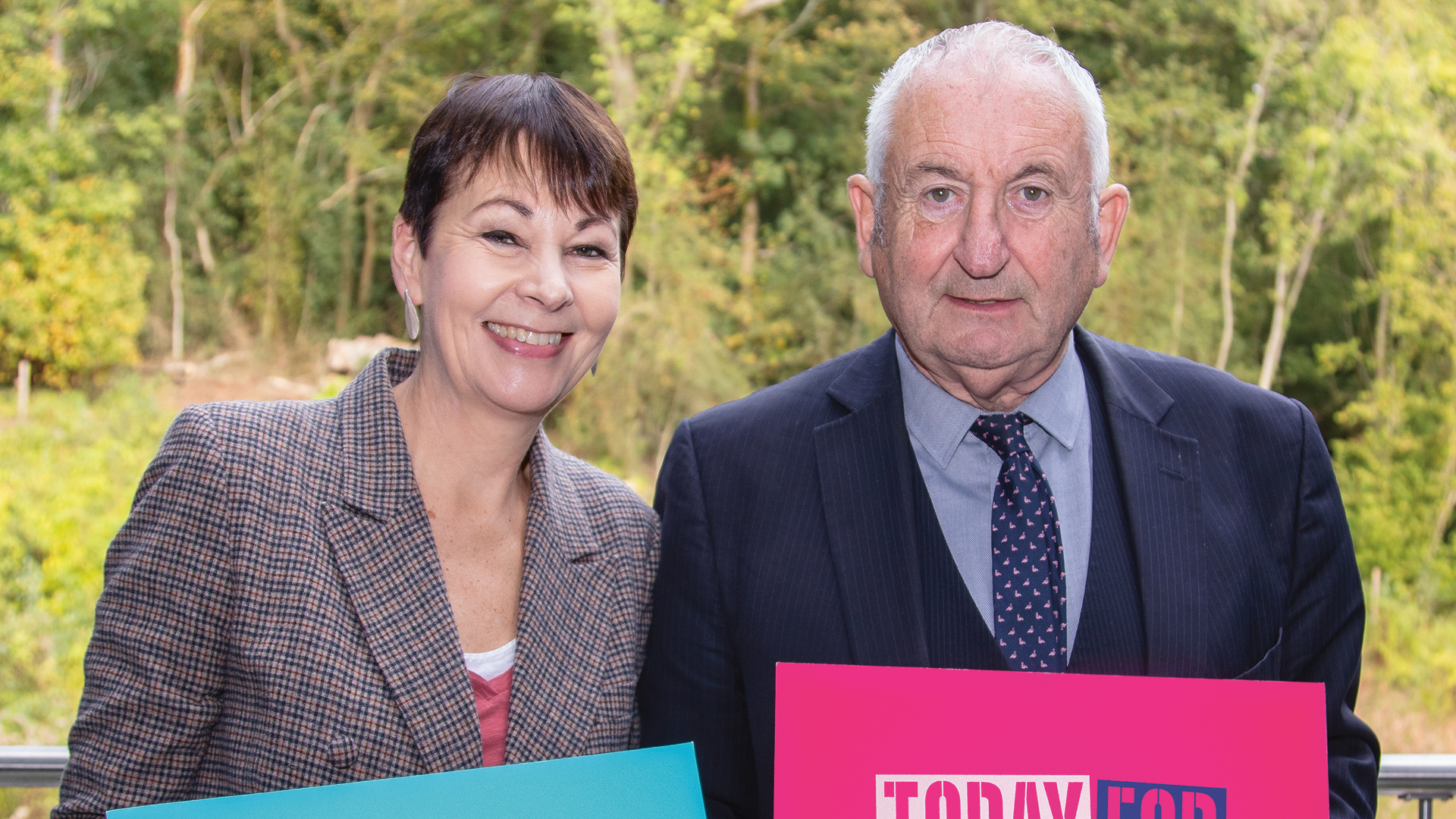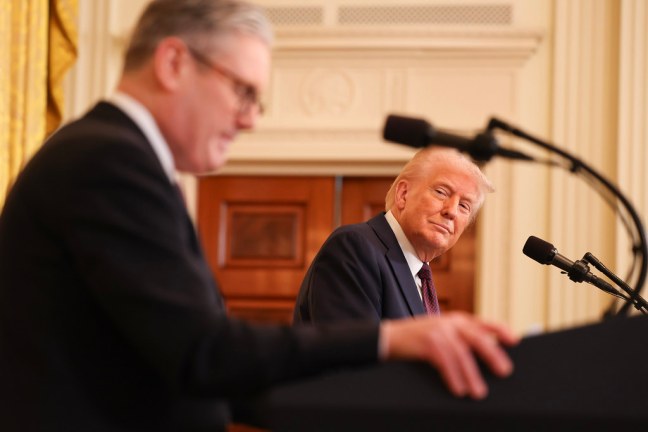Of course, one of the biggest bits of non-future planning was the closing of the major basic British industries in the 1980s. That they were largely poorly run was undeniable. But that they were closed in one fell swoop, and without retraining and creating new sources of work still echoes and influences lives across the UK today. Cutting one thing without thinking the whole thing through showed seismic indifference at best. And downright foolishness at worst.
The future was always being trodden on before it even arrived. The current world seemed to be little more than an accumulation of failed futures. Thatcherism, the biggest ‘-ism’ to hit our shores since socialism, compounded the problem by its complete short-termism. In its desire to balance the books, it made poverty more expensive and socially costly for the future.
The coalition of 2010-15 revived much of that “screw the future” thinking that led directly to austerity; the illegitimate child of which was Brexit. But there was something to be said for looking longingly at a ‘long future’ and not be completely bowled over by short-term thinking. A future that wasn’t simply an accumulation of old cock-ups and half-thought-out thinking.
The most incredible of all of the signs of skinning a cat differently was the Welsh Assembly’s Commissioner for Future Generations coming into being in 2015. A Commissioner charged with making sure that the future actually meant something positive for all people in Wales, and not just for the fortunate few. A future that incorporated the environmental, social, cultural and economic wellbeing needs of generations yet to be born or brought to maturity. A true future that wasn’t simply the misspent drama gone wrong of former times.
In 2016, I entered Parliament as a ‘People’s Peer’, a crossbencher, beholden to none of the political parties. I came in brazenly – you might even say foolhardily – saying I wanted to dismantle poverty. I also wanted to prevent poverty from happening in the first instance.
The Future Generations Bill doesn’t just satisfy our immediate needs, but casts a happy shadow forward
I wanted a better future for those in poverty today, but also trying to stop future generations from living in poverty tomorrow. “To prevent the next generation of Big Issue vendors.” And that meant taking on the almost unbelievable figure of the third of children failing at school, who end up in low-wage jobs, fill our A&E departments and become the vast majority of the prison population. All because they were failed in school.
I graduated towards the idea of taking the Welsh example, and the pioneering idea of their Well-being of Future Generations Act, and trying to make it work across every region; starting with a Future Generations Commissioner for the UK, and then hopefully having it replicated in other parts of the country.
Without the Welsh example I think I might have been trying to sculpt out of good intentions a kind of guarantee that future government thinking should be about preventing the dreams of the past becoming the nightmares of our everyday world.
I have great hopes for our next private member’s bill, which will start in the Lords, and be steered through the Commons by Caroline Lucas MP.
I hope it will pass through Parliament and help us make the world of tomorrow not simply an accumulation of the half-arsed hopes and the short-term governmental thinking of days gone by. A Commissioner who will aggressively stand up for the
interests of those yet to enter the world. A true guardian, watchdog and eagle eye looking into that distant, fragile future to cast a comforting hand over it. And stop its despoliation of thinking and being.
The Future Generations Bill, building on the Welsh example, is what grown-up thinking needs to ensure that it doesn’t just satisfy our immediate needs, but casts a happy shadow forward.
John Bird is the founder and Editor in Chief of The Big Issue.
The Future Generations Bill is part of a wider campaign by The Big Issue to dismantle poverty by laying the groundwork now for a more equal society for the generations who follow. We’re calling it Today For Tomorrow and you can find out more in the magazine over the coming months.










